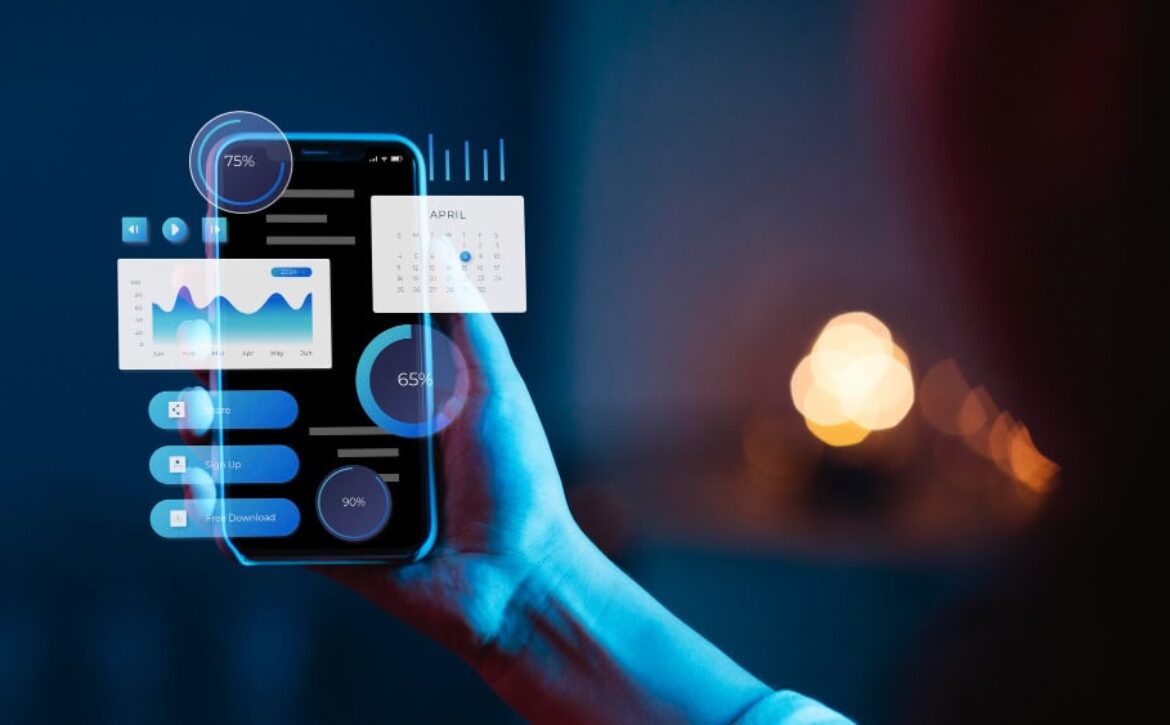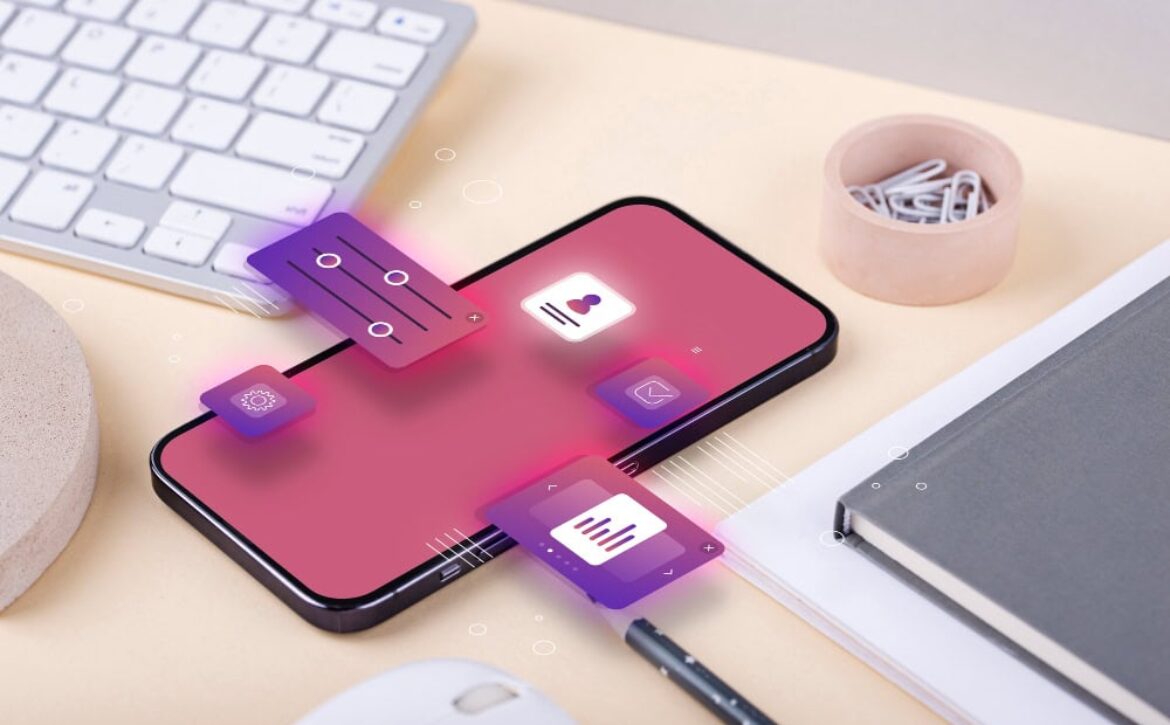The Ultimate Guide to Software Development: Integrating Artificial Intelligence in Mobile App Creation
Introduction
In today’s digital-first world, mobile app development is no longer just about building functional interfaces it’s about delivering intelligent, personalized, and context-aware experiences. Integrating artificial intelligence (AI) into mobile app creation can boost performance, enhance user engagement, and give businesses a competitive edge. This guide explores the what, why, how, and who of AI-powered app development, with a spotlight on how GoodWorkLabs brings innovation to life.
What Is AI-Driven Mobile App Development?
Artificial Intelligence in mobile apps refers to embedding algorithms such as machine learning, deep learning, natural language processing, and computer vision. These enable apps to:
- Learn from user data and behavior
- Adapt features dynamically
- Automate routine tasks
- Interact more naturally with human users
Why Integrate Artificial Intelligence in Mobile Apps?
Benefits of AI in Mobile Application Development:
- Personalized User Experience: AI enables apps to adapt content and interface to individual user preferences.
- Optimized Performance: Algorithms analyze real-time metrics to optimize app speed, functionality, and user flow.
- Automation: Streamlines processes such as image recognition, data sorting, or chat responses.
- Security & Fraud Detection: AI models detect unusual behavior, ensuring data integrity and app safety.
- Advanced Analytics: With predictive insights, apps can forecast trends, user needs, and churn rates.
Challenges When Integrating AI into Mobile Apps
- Data Privacy and Ethics: Managing sensitive data with transparency and regulatory compliance.
- Device Constraints: AI models must be optimized for mobile devices with limited processing power.
- Model Accuracy & Bias: Ensuring the training data is unbiased and models produce reliable outcomes.
- Integration Complexity: Merging AI frameworks into mobile environments demands technical expertise.
- Continuous Maintenance: AI models need retraining and refinement based on evolving user behavior.
Top Use Cases of AI in Mobile App Development
- Smart Recommendations
- Conversational Chatbots
- Image Recognition & Vision
- Predictive Analytics
- Voice Recognition
- Fraud Detection
- Automated Testing
AI Integration in Mobile Apps: Step-by-Step Guide
- Discovery & Planning: Define app goals, identify where AI adds value.
- Data Collection & Strategy: Build secure, scalable data pipelines.
- Model Training & Selection: Use existing models or train custom ML algorithms.
- Architecture Planning: Decide between cloud-based or on-device AI.
- Integration & Testing: Embed AI into your app stack and test across use cases.
- UX Design with AI: Build human-centered AI interactions with clear feedback.
- Deployment & Maintenance: Monitor AI outputs and continuously improve model accuracy.
GoodWorkLabs: Leaders in AI-Powered Mobile App Development
GoodWorkLabs is a trusted technology partner for startups and enterprises looking to integrate AI into mobile apps. With deep expertise in AI/ML, mobile development, and UX design, GoodWorkLabs delivers:
- End-to-End AI Solutions: From ideation to deployment
- Cross-Platform Development: Android, iOS, hybrid solutions
- Exceptional UI/UX Design: AI features that are intuitive and user-friendly
- Scalable Software Architecture: Built to evolve with business needs
- Agile Development Practices: Faster delivery with continuous improvement
Industry Applications:
- E-commerce: Personalized shopping experiences
- Healthcare: Intelligent diagnostic tools
- Finance: Secure fraud detection
- Education: Adaptive learning systems
- Entertainment: Content recommendation engines
Best Practices When Building AI-Powered Mobile Apps
- Start Small: Integrate AI features incrementally
- Focus on UX: AI should enhance, not complicate, user experience
- Ensure Data Integrity: Clean, unbiased, and compliant data
- Modular Design: Build AI components as standalone services
- Monitor Performance: Continuously evaluate model accuracy and app behavior
Future Trends in AI & Mobile App Development
- Generative AI in Mobile Interfaces
- On-Device Machine Learning
- Edge AI for Real-Time Decisions
- AI-Driven AR/VR Experiences
- Federated Learning for Privacy
Conclusion
Integrating AI into mobile app development isn’t just a trend it’s the future. From personalized experiences to intelligent automation, AI is transforming how mobile apps are built and used. GoodWorkLabs combines cutting-edge AI technology, agile development, and user-centric design to help you build the next generation of mobile apps.
Ready to Build Smarter Apps?
Contact GoodWorkLabs today to start your journey with AI-driven mobile app development.












